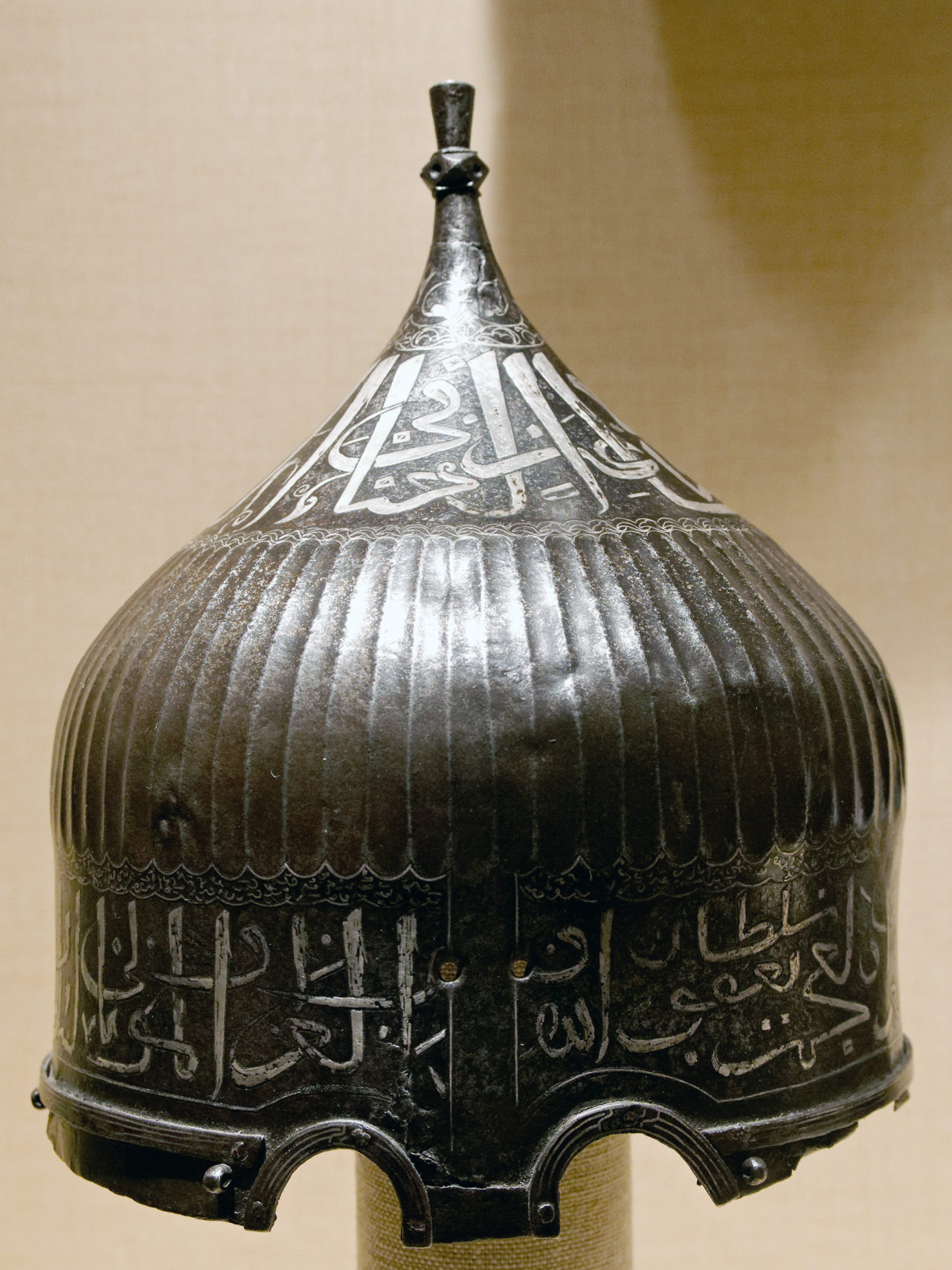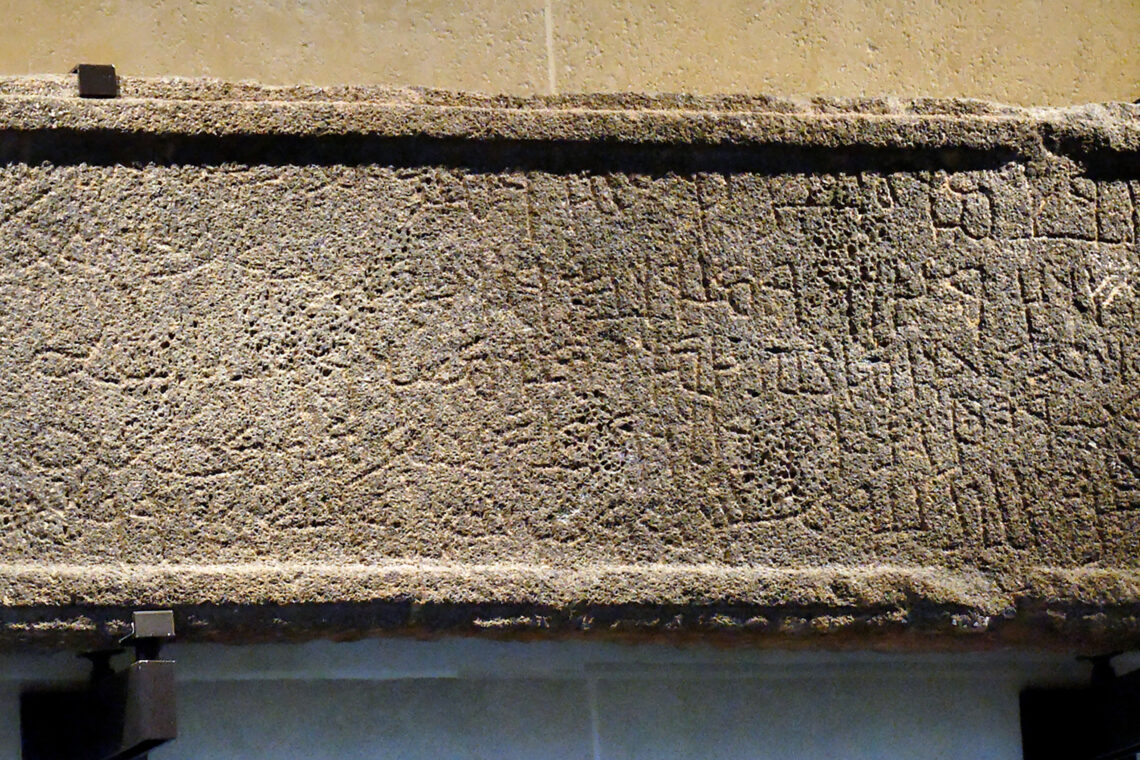The 4th of July is the only holiday that means something to me, not only because I am an American citizen, but also because I live in the modern world, a world shaped, politically, by the American Revolution, whose manifesto was issued 238 years ago. As I think about the Declaration of Independence and how it inaugurated a new world order, one that, for the first time since ancient Greece, liberated people from the bonds of political servitude and gave them a say about the way they want to be governed, I can’t help but wonder about the future of the Islamic world, and whether the ideals that inspired America’s founders will ever find an echo in Muslim-majority nations. It’s not that I want Muslims to copy American history the way they buy American products; I just want them to think creatively about ways they can rescue their troubled societies.
To the extent that the United States is an extension of European history, the American experience will remain unattainable in Muslim-majority nations. As the patriarch historian Bernard Lewis explained in The Political Language of Islam (1988), the West drew its reforms from a history that always kept Church and State separate or, at least, in tension. In Islam, no such separation was conceivable since there is nothing outside of the scope of religious duty. Thus, the very idea of secularism is, in essence, an affront to Islam, properly understood. Islam is what legitimizes the authority of rulers, even if rulers are not exemplary Muslims or, in some cases, not Muslim at all. As long as Muslims are not prevented from practising their religion, the ruler is to be tolerated, regardless of whether he has usurped power, reached it in a coup, or is a brutal tyrant. The status quo is always preferable to violent revolutions as long as a person’s faith is not fundamentally violated.
For the longest time, rulers in Muslim lands were caliphs, sultans, emirs, and the like. Most of these titles have ceased to have any serious political meaning and have been replaced by European titles. For example, the term “sultan,” originally meaning authority, started out as an abstraction, not a job description, and was conferred on people holding high offices, such as a minister or a chief, but always someone below the caliph. With the political fragmentation of the Islamic caliphate following the gradual demise of the Abbasid dynasty, the title acquired the function of head of state, until, following colonialism, it was replaced by the European title of king (malik, pl. muluk), a term that is, ironically, associated with tyranny in the Koran.
As Lewis shows, whatever title a ruler in a Muslim-majority or Arab nation may be using—ra’is (president, or “head” of state), za`im (leader), malik, or “Custodian of the Two Holy Cities” (as in Saudi Arabia), the point is he is supported by a consensual legal tradition that obliges his ra`iyya (flock, or subjects) to owe him obedience. The 10th-century jurist Ibn Batta advised against sedition even if rulers are unjust, oppressive, or if they happen to be Ethiopian slaves. The great philosopher al-Ghazali (11th to 12th centuries) counseled much the same and went further in his exhortations to obey rulers, recommending obedience even if rulers violate Islamic custom. The same was true for the Syrian jurist Ibn Jama`a (13th to 14th centuries). The Maliki jurists of North Africa shared the same view. The general theory is that life in an oppressive but well-governed state is better than freedom in a state of fitna (a word that combines the meanings of test, turmoil, and chaos, as well as loss of emotional and sexual control). I am sure that many medieval jurists would think themselves amply justified in their opinions if they were to come back to today’s Middle East and witness the horrors perpetrated by Sunni extremists seeking an Islamic state in Iraq and Syria. For average people, a despotic regime is better than a failed state.
The Islamic legal tradition may explain why the French Revolution of 1789 was described by Muslims as a fitna. Like the term thawra (revolution), the current meaning of political terms such as hurriya (freedom), inqilab (coup d’état), istiqlal (independence), watan (in the sense of patria, or nation) hukuma (government) dustur (constitution), and qanun (secular law) all date from the late 18th century or the 19th century because they were inspired by or borrowed from European politics.
This new political vocabulary was introduced to the Arabic, Turkish, and Persian languages in the vain attempt by Muslims to emulate the West and catch up to its powers. But the language of Western politics has remained mostly cosmetic, superimposed on a rock-solid foundation of Arabic syntax and political cultures shaped by centuries of Islamic rule. Medieval Muslim jurists seem to have insulated Muslims from foreign political influences forever. It was for this reason that the 19th-century French observer Alexis de Tocqueville couldn’t see American-style democracy being implemented in the Muslim world or that the late Samuel Huntington, borrowing somewhat loosely from Bernard Lewis, saw the West and Islamic world as clashing civilizations. They were not wrong to think so.
With such history, can Muslim-majority nations ever embrace Western political models without breaking down into a permanent state of fitna? This is the question that concerns me the most because, as I indicated during the time, the promise of the Arab Spring was an impossible dream for Arab activists and Western promoters of democracy in the Arab world alike. Islam, with its deeply entrenched cultural traditions and powerful form of identity formation, proved to be the insurmountable hurdle, just as it was at the dawn of the 19th century when European powers dominated Muslims across the globe.
How, then, should we think about the future of the Muslim world? The most rational approach is to combine elements of both political cultures (Islamic and Western) that safeguard the ultimate goals of freedom and development without leading to a state of schizophrenia and political breakdown. In fact, it’s quite possible that such an approach might not only be useful to people in the Islamic world, but it could also invigorate the stalled political systems of the West. The fact that Western democracies, with their cutthroat political battles and debilitating gridlock, have become unable to attend to the wellbeing of their societies is leading commentators to recommend something like the Chinese or Singaporean models. A lean autocratic government is more efficient than the endless squabbles of politicians whose narrow interests are exacerbating the crumbling of critical infrastructure and the widening of inequalities. The United States, for example, is moving toward a new and more pernicious feudal order (one that was supposed to be superseded by the American Revolution) where one percent of the people control most of the wealth of their nation.
If American-style democracy is no longer functional in the United States, it can’t do much for Muslim nations that need leadership continuity for major reforms that require many years to come to fruition. The best approach would be to keep a strong ruler in an otherwise participatory political system, thereby joining the political traditions of East and West to attenuate the downfalls of both.
To me, the Kingdom of Morocco is the best example in the Arab and Muslim worlds to offer a viable model. It’s not a constitutional monarchy in the manner of Spain or the United Kingdom, yet it has a dynamic political system and a vibrant civil society that help maintain a form of equilibrium between monarch and political parties. The king shares decision-making with an elected government without losing his power to have the final word. I am calling this arrangement “sultanic democracy” because it combines the best of political traditions in an effort to build a better future for all. I am also using the term “sultan” to avoid the connotations and honorifics associated with the European notion of king. To be sure, Morocco is an exception in the Muslim world, but countries like Egypt could do something similar without using the same titles or arrangements.
When the Jewish visionary Theodor Herzl was dreaming of a Jewish state in Palestine, he wanted a “democratic monarchy” or “an aristocratic republic” because, in his view, unchecked democracy “produces that objectionable class of men—professional politicians.” Things didn’t turn out to be that way in Israel, and democracy has had a successful (not perfect) run in that nation; but for Arabs and Muslims Herzl’s political vision may be exactly what’s needed. Because of different histories, a “sultanic democracy” may not be possible in other Muslim or Arab states, but a regime combining charismatic leadership and public participation for the common good could be built around different notions.





Si vous permettez Avant d’aboutir à “la démocratie du sultan”, le Maroc est passé par une transition sociétale”infernale” avec les islamistes. Je parle du peuple et non de l’élite c’était une confrontation à peine voilée. Une fois les islamistes au pouvoir la confrontation s’est dévoilée. c’était positif pour les gens respectifs de la diversité. Pour mieux vérifier ce que j’avance, il serait préférable de se référer à la presse de 1998 à 2006 et de compter le nombre de cris du cœur, ce n’est pas par hasard que le voile s’est généralisé “globalement”. La pression était grande sur les femmes ordinaires. Après la mort du feu Hassan 2, les islamistes, loin du pouvoir, st parvenus à être des tyrans et à imposer leurs lois invisibles. Pendant ce temps les progressistes étaient axés sur eux mêmes, indifférents sur ce qui se passe, loin des lieux branchés. Les islamistes ont fait du social, ont pris d’abord l’enseignement puis toute la fonction publique. Leur plus grande mise était les femmes : ça parle,ça transmet et ça éduque des générations. Une monarchiste convaincue